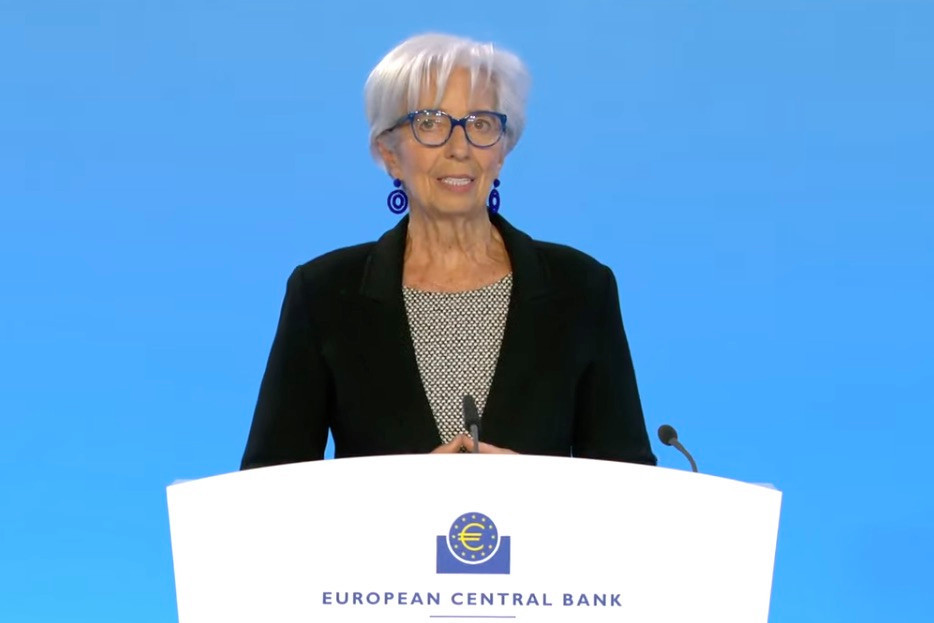On Thursday 4 May, the ECB announced a further hike of 25 basis points in its key banking rates, effectively raising the key rates by 375 basis points since July 2022, and reaching deposit rates not seen since October 2008, in an unprecedented pace of monetary policy tightening aimed at tackling persistently high inflation.
In its policy remark, the governing council stated “policy rates will be brought to levels sufficiently restrictive to achieve a timely return of inflation to the 2% medium-term target and will be kept at those levels for as long as necessary”, making it clear that the council is taking a wait-and-watch approach to balance between the delayed effect of monetary policy and not to oversqueeze the banks meanwhile, which are already .
On Tuesday, , up from 6.9% in March. Eurozone inflation was 7.4% in April 2022.
Besides its monetary policy concerning interest rates, the ECB has initiated the unwinding of its quantitative easing programmes since March. This involves a decision to not reinvest €15bn per month in maturing assets. This additional measure aims to reduce excess liquidity in the markets and thereby moderate economic activity and to close-in to its 2% inflation target.
The day before, on Wednesday, the US Federal Reserve announced its eleventh straight rate hike, surpassing the 5% mark for first time since 2007. However, it is remarkable in its own right as since March, three mid-size banks folded--Silicon Valley Bank, Signature Bank and First Republic--and a fourth one is currently under extreme stress. This illustrates that the US Fed are highly concerned with inflation, and even take chances on banking turmoil. The Federal Open Market Committee, responsible for setting monetary policy in the US, clarified in the : “The Committee is strongly committed to returning inflation to its 2 percent objective.”
The undertone is similar at the ECB’s governing council, the rate-setting body in the eurozone.
On 23 March, the Bank of England’s Monetary Policy Committee announced the eleventh consecutive rate hike to 4.25% in the UK, where the March inflation was still in double digits, at 10.1%.
It may worth noting that in July 2022, the ECB introduced a new bond purchase programme called the aimed specifically to reduce government borrowing costs in individual countries, if these costs are escalating due to “”, adding cushion against any stemming sovereign debt distress.
